August 27, 2024
Building Teen Resilience Against Peer Pressure
Empower your teen against peer pressure with powerful tools!

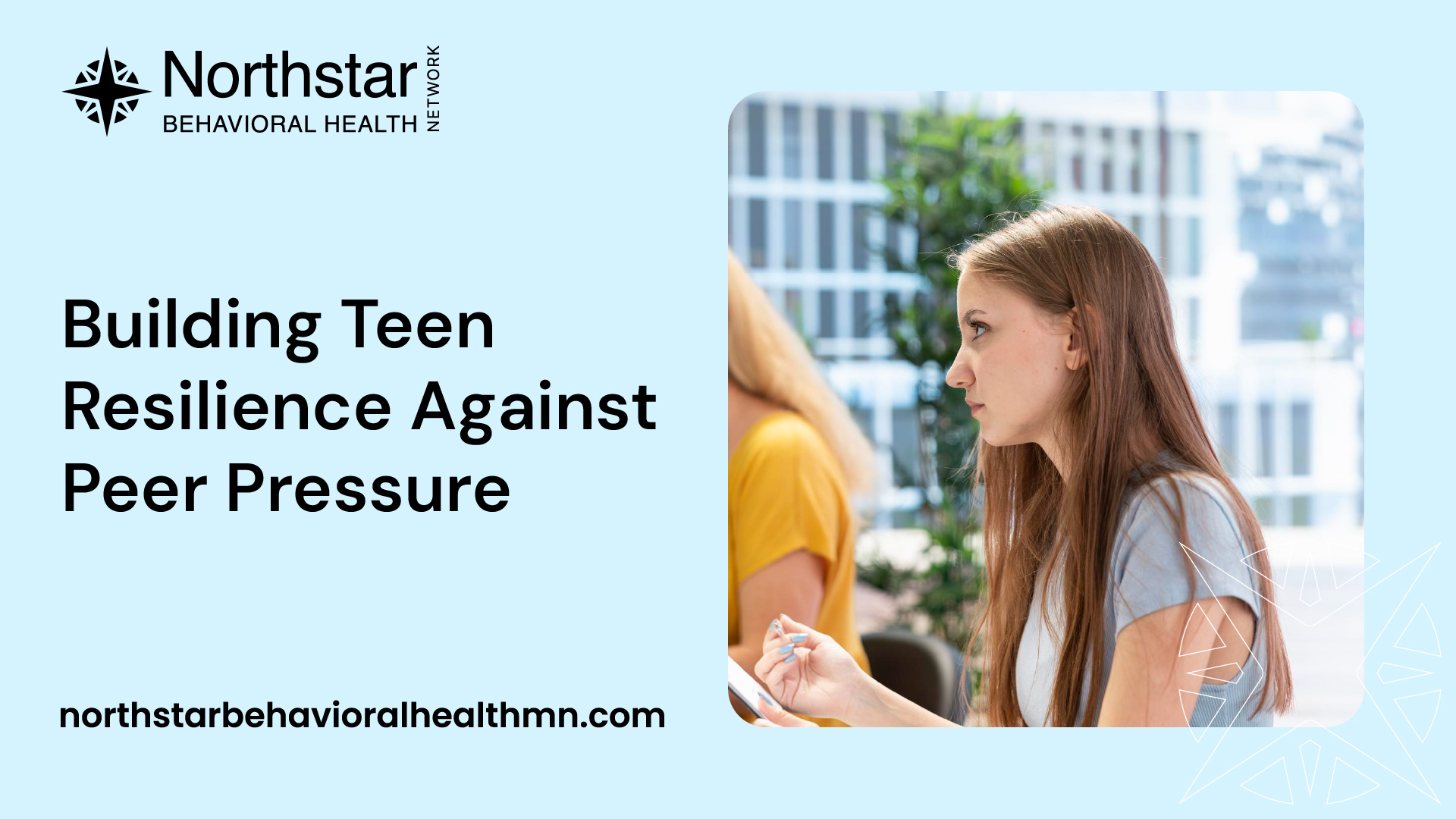
Understanding Peer Pressure
Peer pressure is a significant aspect of a teenager's life that can greatly influence their choices and behaviors. It is important to grasp the nature of peer pressure and understand its impact on teens in order to effectively support them in navigating through these challenges.
Nature of Peer Pressure
Peer pressure refers to the influence exerted by friends, classmates, or other individuals in a teenager's social circle. It can be both explicit and implicit, ranging from direct requests to conform to certain behaviors, to more subtle cues or expectations. The desire to fit in and be accepted by their peers often drives teenagers to conform to the group's norms and values, even if it means going against their own beliefs or making risky choices.
During adolescence, the need for acceptance and validation from peers is particularly heightened. Teenagers are in the process of forming their identities and are more susceptible to the influence of others. Peer pressure can manifest in various forms, such as pressure to engage in substance abuse, engage in risky behaviors, or adopt certain attitudes and lifestyles.
Impact of Peer Pressure on Teens
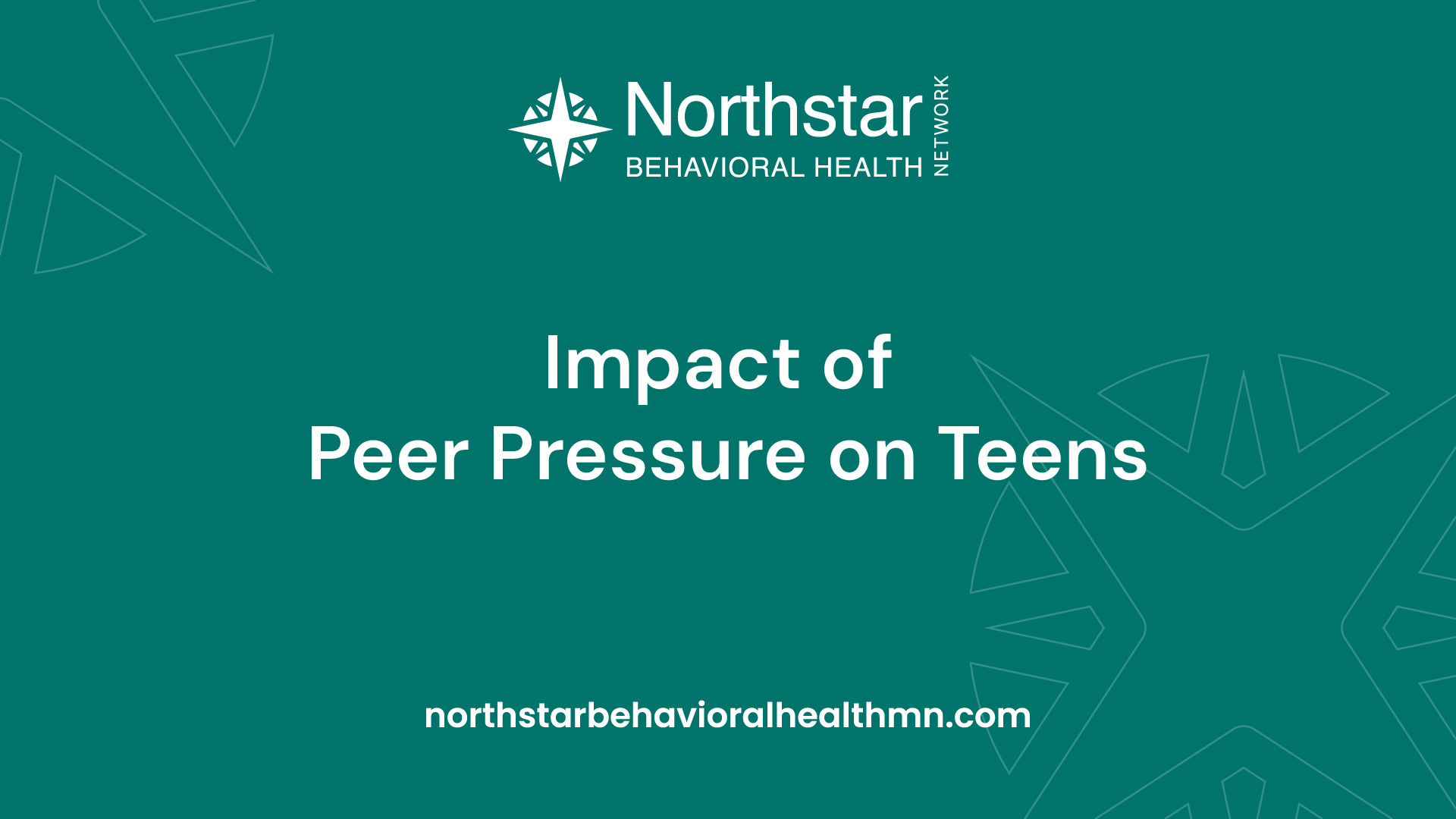
The impact of peer pressure on teenagers can be both positive and negative. Positive peer pressure can encourage teens to engage in healthy behaviors, such as participating in sports, pursuing academic goals, or getting involved in community service. It can also foster a sense of belonging and support, providing opportunities for personal growth and positive social interactions.
However, negative peer pressure can have detrimental effects on teenagers. It can lead them to engage in risky behaviors, such as substance abuse, underage drinking, or unsafe sexual activity. The fear of rejection or exclusion can make it challenging for teens to resist negative peer influence, potentially resulting in long-term consequences for their physical and mental well-being.
To help teenagers navigate through peer pressure and make informed choices, it is crucial to equip them with the tools and skills necessary to build resilience and assert their individuality. By understanding the nature of peer pressure and its impact, parents, educators, and mentors can provide the necessary support and guidance to help teens make positive decisions and maintain their own values and beliefs.
In the following sections, we will explore effective strategies and powerful tools that can be utilized to support teenagers in handling peer pressure and building resilience. By fostering open communication, setting boundaries, and encouraging self-esteem, we can empower teenagers to make choices that align with their own values and aspirations.
Building Resilience in Teens
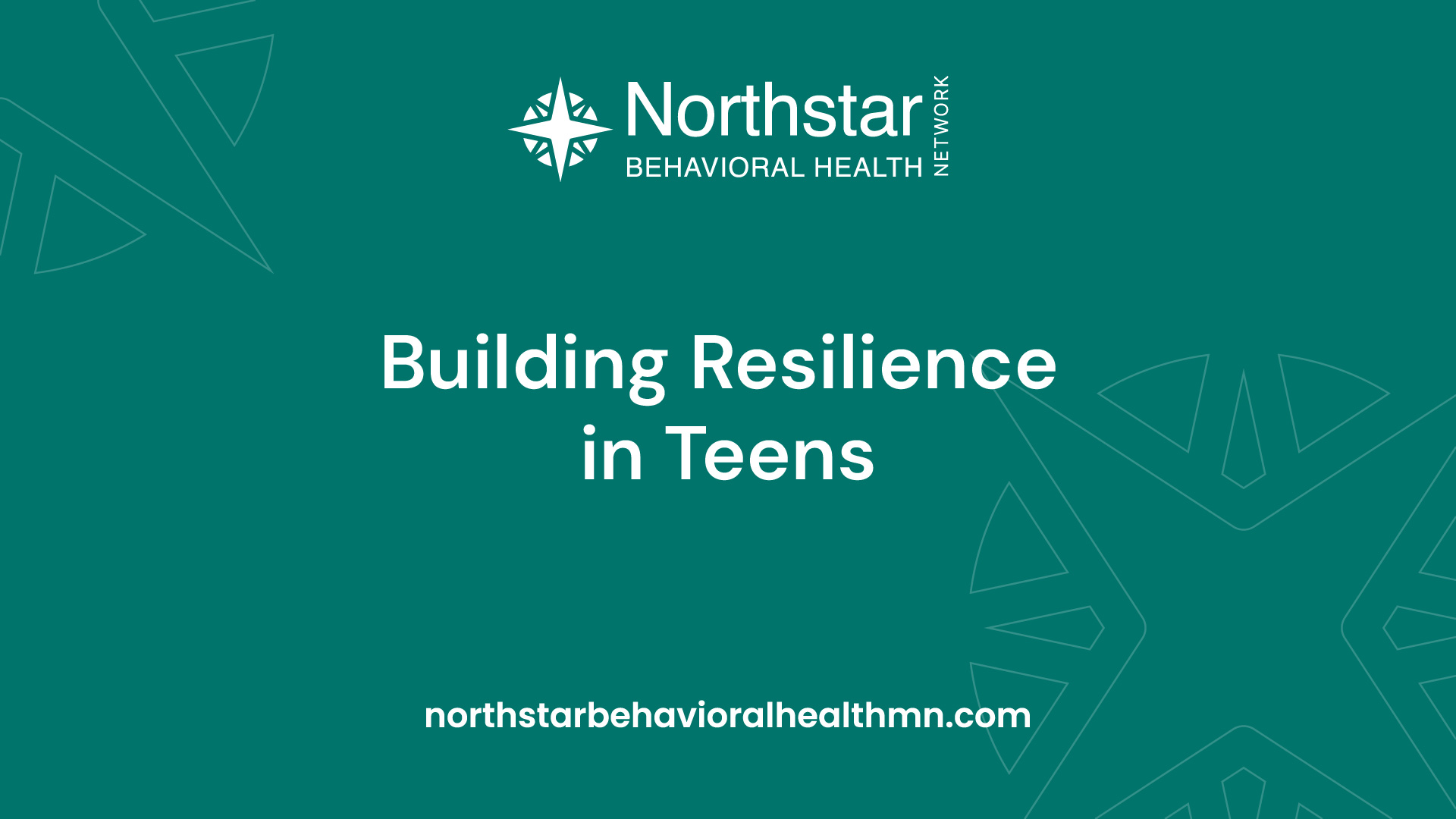
Helping teens develop resilience is essential for equipping them with the tools to navigate and withstand peer pressure. Resilience allows teens to bounce back from challenging situations, make independent decisions, and maintain their individuality. In this section, we will explore the importance of resilience and provide strategies for developing resilience skills in teens.
Importance of Resilience
Resilience plays a vital role in a teen's ability to handle peer pressure effectively. It empowers them to resist negative influences and make choices aligned with their values and beliefs. By building resilience, teens can develop a strong sense of self and the confidence to stay true to themselves, even in the face of social pressures.
Resilience also helps teens cope with setbacks, disappointments, and failures. It enables them to learn from their experiences, bounce back from adversity, and grow stronger. Additionally, resilient teens are better equipped to manage stress, anxiety, and other emotional challenges that can arise from peer pressure.
Developing Resilience Skills
There are several strategies that parents and caregivers can implement to help teens develop resilience skills. These strategies involve fostering a supportive environment and providing opportunities for personal growth. Here are some effective ways to nurture resilience in teens:
- Encourage healthy risk-taking: Encourage teens to step out of their comfort zones and try new activities or pursue their interests. This helps build confidence, resilience, and problem-solving skills.
- Promote positive relationships: Strong, healthy relationships with family members, friends, and mentors can provide a supportive network for teens. Encourage open communication, active listening, and empathy within these relationships.
- Teach effective coping skills: Help teens develop healthy coping mechanisms to manage stress and difficult emotions. These can include practicing mindfulness, engaging in physical activities, journaling, or seeking professional support when needed.
- Foster a growth mindset: Encourage teens to view challenges as opportunities for growth rather than obstacles. Teach them to reframe setbacks as learning experiences and to embrace the concept of resilience as an ongoing process.
- Promote self-care: Encourage teens to prioritize self-care activities such as getting enough sleep, eating a balanced diet, and engaging in regular exercise. Taking care of their physical and mental well-being enhances resilience.
- Set realistic expectations: Help teens set realistic goals and expectations for themselves. Encourage them to focus on their strengths and celebrate their achievements, no matter how small.
- Provide opportunities for responsibility: Assign age-appropriate responsibilities to teens, such as household chores or volunteering in the community. This fosters a sense of accountability and self-confidence.
By implementing these strategies, parents and caregivers can play a crucial role in building resilience in teens. Remember, resilience is an ongoing process, and supporting teens in developing these skills will equip them to face peer pressure with confidence and make positive choices aligned with their own values.
Powerful Tools to Support Teens
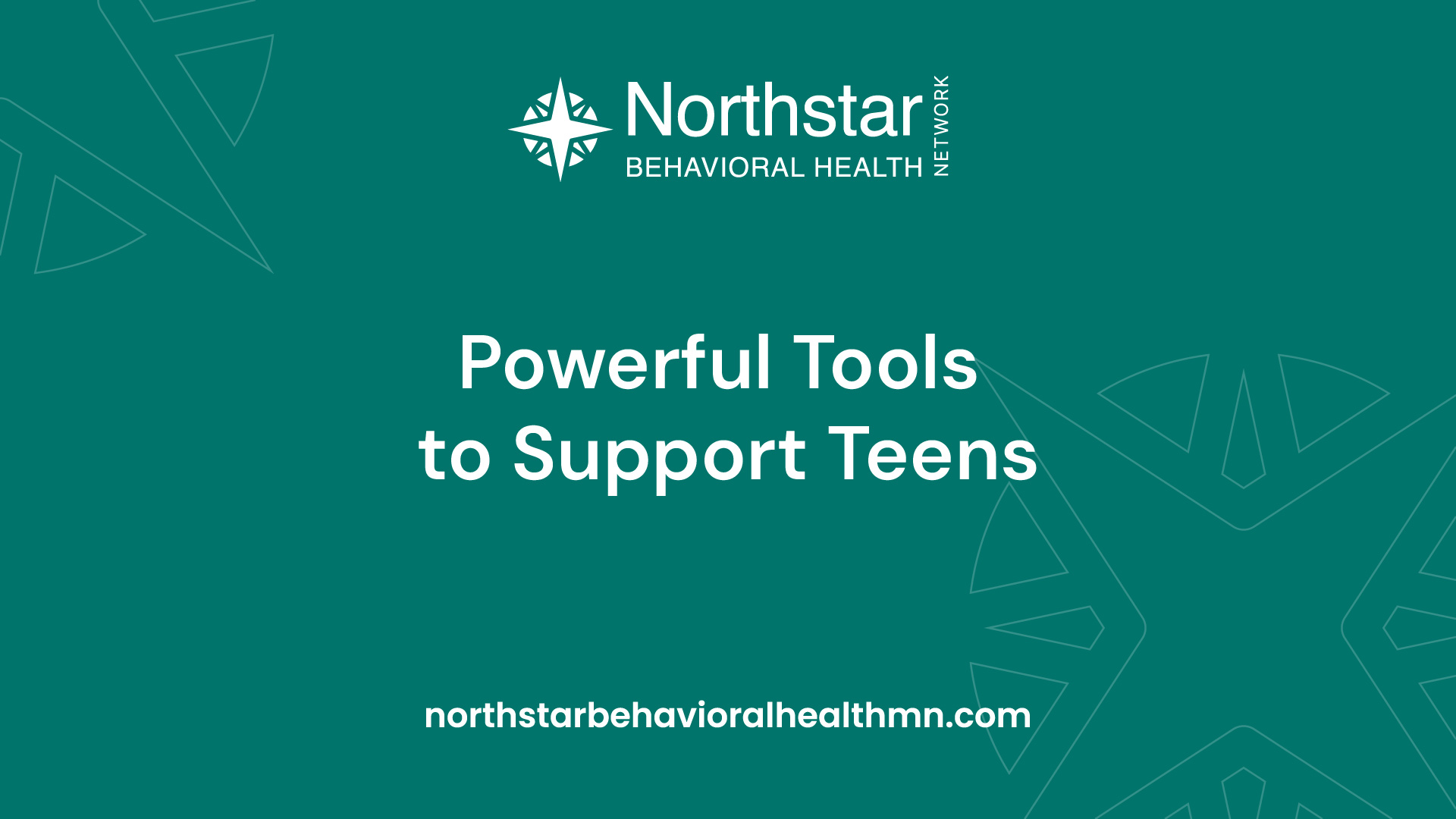
When it comes to helping teens navigate the challenges of peer pressure, there are several powerful tools that parents and caregivers can use to support them. These tools include open communication, setting boundaries, and encouraging self-esteem.
Open Communication
Open communication is essential for building trust and understanding between parents and teens. By creating a safe and non-judgmental space, teens feel comfortable discussing their experiences, concerns, and pressures they may be facing. Encourage your teen to share their thoughts and feelings openly, and actively listen to what they have to say.
It's important to ask open-ended questions and avoid jumping to conclusions. This allows for a deeper conversation and helps parents gain insight into their teen's perspective. By fostering open communication, parents can offer guidance and support while also helping their teen develop problem-solving skills. For more information on effective communication techniques, check out our article on communicating with teenagers.
Setting Boundaries
Setting clear boundaries is another crucial tool in helping teens cope with peer pressure. Establishing rules and expectations provides a framework for making decisions and helps teens understand their limits. Boundaries can include curfews, guidelines for socializing, and rules regarding alcohol, drugs, or other risky behaviors.
When setting boundaries, it's important to involve your teen in the process. Encourage them to contribute their thoughts and opinions, which can foster a sense of ownership and responsibility. Be firm yet flexible, allowing for open dialogue and negotiation when appropriate. Setting boundaries helps teens understand their personal values and make informed choices when faced with peer pressure.
Encouraging Self-Esteem
Building and nurturing self-esteem is a powerful tool for helping teens resist negative peer influences. When teens have a strong sense of self-worth, they are more likely to make decisions based on their own values rather than seeking approval from others.
Encourage your teen to explore their interests, talents, and strengths. Celebrate their achievements and provide positive reinforcement. By highlighting their unique qualities, you can help boost their self-confidence and resilience. Encourage them to engage in activities that promote a positive self-image, such as pursuing hobbies, volunteering, or participating in sports. For more information on promoting self-esteem in teens, check out our article on building self-esteem in teenagers.
By utilizing these powerful tools of open communication, setting boundaries, and encouraging self-esteem, parents and caregivers can provide valuable support to teens facing peer pressure. Remember, it's important to create a safe and non-judgmental environment where teens feel comfortable expressing their thoughts and concerns.
By fostering open dialogue and promoting self-confidence, parents can empower their teens to make informed decisions and navigate the challenges of peer pressure successfully.
Strategies for Handling Peer Pressure
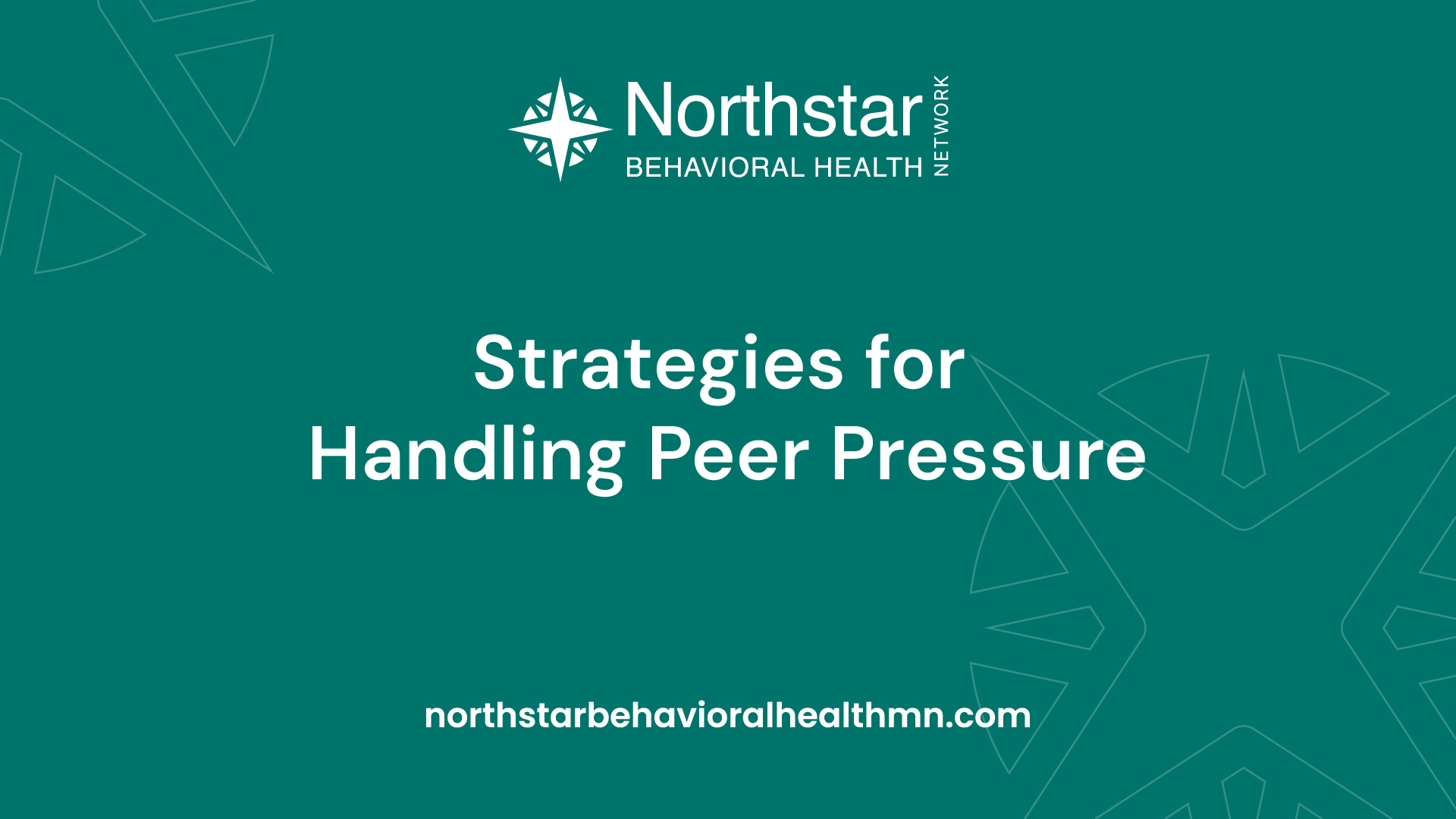
Peer pressure can be challenging for teens to navigate, but there are effective strategies they can employ to resist its influence. Here are three powerful tools to help teens handle peer pressure assertively and make choices aligned with their values and beliefs.
Saying No Assertively
One of the most important strategies for handling peer pressure is learning to say no assertively. Teens need to understand that it's okay to refuse to engage in activities or behaviors that make them uncomfortable or go against their values. By practicing assertiveness, teens can communicate their decisions confidently and respectfully to their peers.
Encourage your teen to use "I" statements to express their boundaries and make it clear that their choices are non-negotiable. For example, they can say, "I appreciate your offer, but I'm not interested in participating in that activity." It's crucial for teens to understand that they have the right to set their own boundaries and make decisions that align with their values.
Finding Supportive Friends
Having a supportive group of friends can make a significant difference when it comes to handling peer pressure. Encourage your teen to seek out friends who share similar values and support their individuality. These friends can provide a sense of belonging and understanding, making it easier for your teen to resist negative peer pressure.
Remind your teen that they don't have to compromise their values to fit in. True friends will respect their choices and support them, even if they differ from the group. Encourage your teen to engage in activities and join clubs or organizations that align with their interests and values, as this can help them connect with like-minded individuals.
Seeking Adult Guidance
Teens should be encouraged to seek adult guidance when faced with challenging peer pressure situations. Whether it's a parent, teacher, or other trusted adult, having someone to confide in and seek advice from can provide valuable support.
Teach your teen the importance of open communication and let them know that seeking help is a sign of strength, not weakness. Adults can offer guidance, perspective, and strategies for handling peer pressure effectively. Additionally, adults can help teens explore alternative options and provide a safe space for open dialogue about the challenges they may be facing.
By employing these strategies, teens can develop the tools they need to handle peer pressure confidently and make choices that align with their own values and beliefs. Encourage your teen to practice saying no assertively, to seek out supportive friends, and to reach out to trusted adults for guidance when needed. With these powerful tools, they will be better equipped to navigate the challenges of peer pressure and build resilience.
Coping Mechanisms for Teens
As teenagers navigate the challenges of peer pressure, it's important for them to develop coping mechanisms that can help them navigate difficult situations and make healthy choices. Here are some powerful tools that teens can utilize to cope with peer pressure:
Stress-Relief Techniques
Teens often experience stress due to various factors, including academic pressure, social expectations, and conflicts with peers. Teaching them stress-relief techniques can help them manage their emotions and reduce the impact of peer pressure.
Some effective stress-relief techniques for teens include:
- Deep breathing exercises: Encourage your teen to take slow, deep breaths in through the nose and out through the mouth to help calm their mind and body.
- Physical activity: Engaging in regular physical exercise, such as jogging, dancing, or playing sports, can help reduce stress and promote overall well-being.
- Mindfulness and meditation: Introduce your teen to mindfulness and meditation practices, which can help them stay present, manage stress, and enhance self-awareness.
Healthy Outlets for Emotions
Teens may experience a range of emotions as they navigate peer pressure. It's important for them to have healthy outlets for these emotions, rather than resorting to negative coping mechanisms.
Encourage your teen to consider the following healthy outlets for emotions:
- Journaling: Writing down their thoughts and feelings can provide a safe and private space for self-expression and reflection.
- Engaging in creative activities: Encourage your teen to explore creative outlets such as art, music, or writing, as these can serve as healthy ways to express emotions.
- Talking to a trusted adult or counselor: Encourage your teen to seek support from a trusted adult or counselor who can provide guidance and help them process their emotions.
Self-Care Practices
Promoting self-care practices can empower teens to prioritize their well-being and make choices that align with their values and goals. Self-care involves taking deliberate actions to nurture one's physical, mental, and emotional well-being.
Here are some self-care practices teens can incorporate into their daily routine:
- Getting enough sleep: Adequate sleep is crucial for overall well-being and can help teens better cope with stress and peer pressure.
- Eating a balanced diet: Encourage your teen to nourish their body with nutritious foods, as a healthy diet can support their physical and mental well-being.
- Engaging in activities they enjoy: Encourage your teen to make time for activities they find enjoyable and fulfilling, whether it's reading, listening to music, or pursuing a hobby.
- Practicing self-compassion: Teach your teen the importance of being kind to themselves and practicing self-compassion, especially during challenging times.
By equipping teens with these coping mechanisms, they can better handle the pressures of peer influence and make choices that align with their values and individuality. Remember, open communication and setting boundaries are also essential tools to support teens in navigating peer pressure, as discussed in the previous section.
Encouraging Positive Decision-Making
When it comes to helping teens navigate peer pressure, one of the most effective approaches is to encourage positive decision-making. By empowering teens with the necessary skills and mindset, they can make choices that align with their values and beliefs. Here are three powerful tools to support teens in making positive decisions: teaching problem-solving skills, encouraging critical thinking, and reinforcing values and beliefs.
Teaching Problem-Solving Skills
Equipping teens with problem-solving skills is essential in helping them make positive decisions when faced with peer pressure. Teach them how to identify the problem, brainstorm potential solutions, evaluate the pros and cons of each option, and make an informed decision. Encourage them to consider the long-term consequences of their choices and how they align with their goals and values.
By providing guidance and practicing problem-solving scenarios, you can help your teen develop the confidence and ability to handle challenging situations effectively.
Encouraging Critical Thinking
Critical thinking is another vital skill that can aid teens in making positive decisions. Encourage them to question information, think independently, and consider multiple perspectives. Teach them to analyze the potential consequences of their choices and evaluate the reliability of the information they receive. By fostering critical thinking skills, you empower your teen to make decisions based on reason and logic rather than succumbing to peer pressure.
Reinforcing Values and Beliefs
Reinforcing values and beliefs is crucial in helping teens make decisions that align with their personal principles. Engage in open discussions about values, morals, and ethics. Encourage your teen to reflect on their own values and how they might influence their choices. By reinforcing their values, you strengthen their sense of identity and provide a solid foundation for decision-making.
Leading by example is also essential in reinforcing values. Live by the values you want your teen to embrace, and provide positive reinforcement when they make decisions that align with those values.
By teaching problem-solving skills, encouraging critical thinking, and reinforcing values and beliefs, you provide powerful tools to support your teen in making positive decisions. These tools empower them to resist peer pressure and make choices that align with their own aspirations and values. Remember to continue fostering open communication and providing guidance as they navigate the challenges of adolescence.

.jpg)




.jpg)

